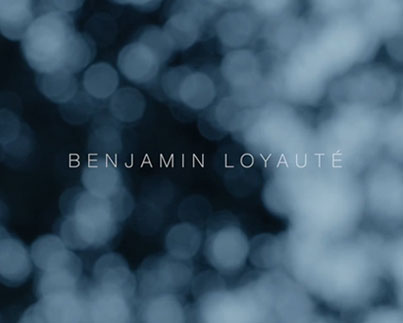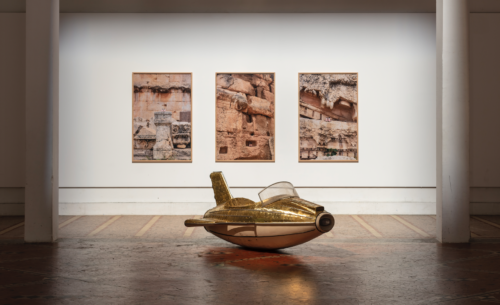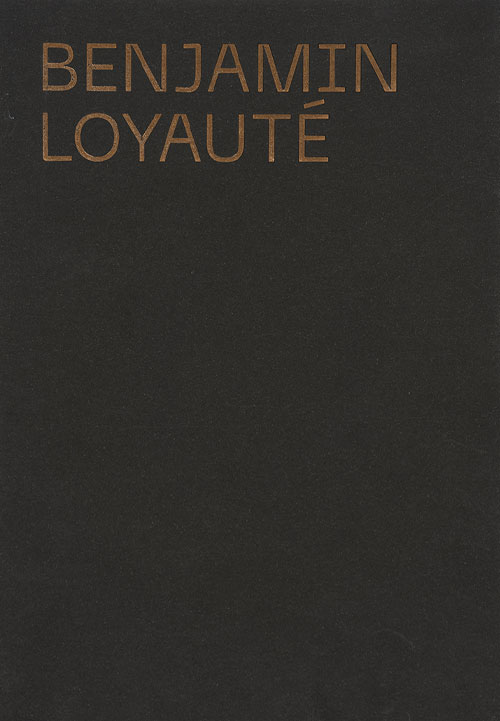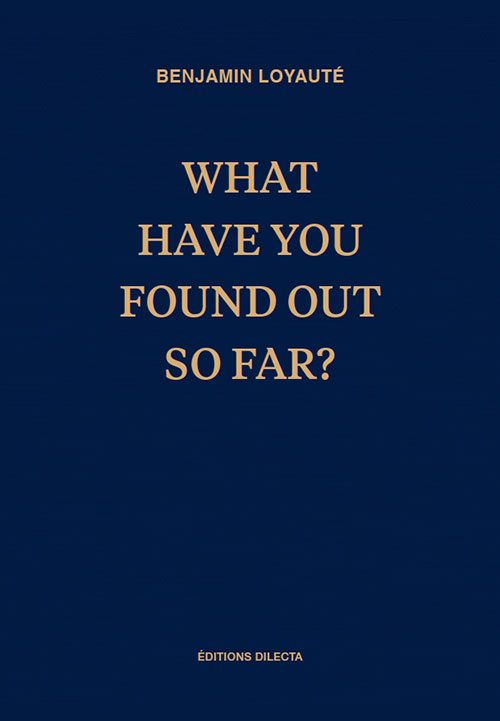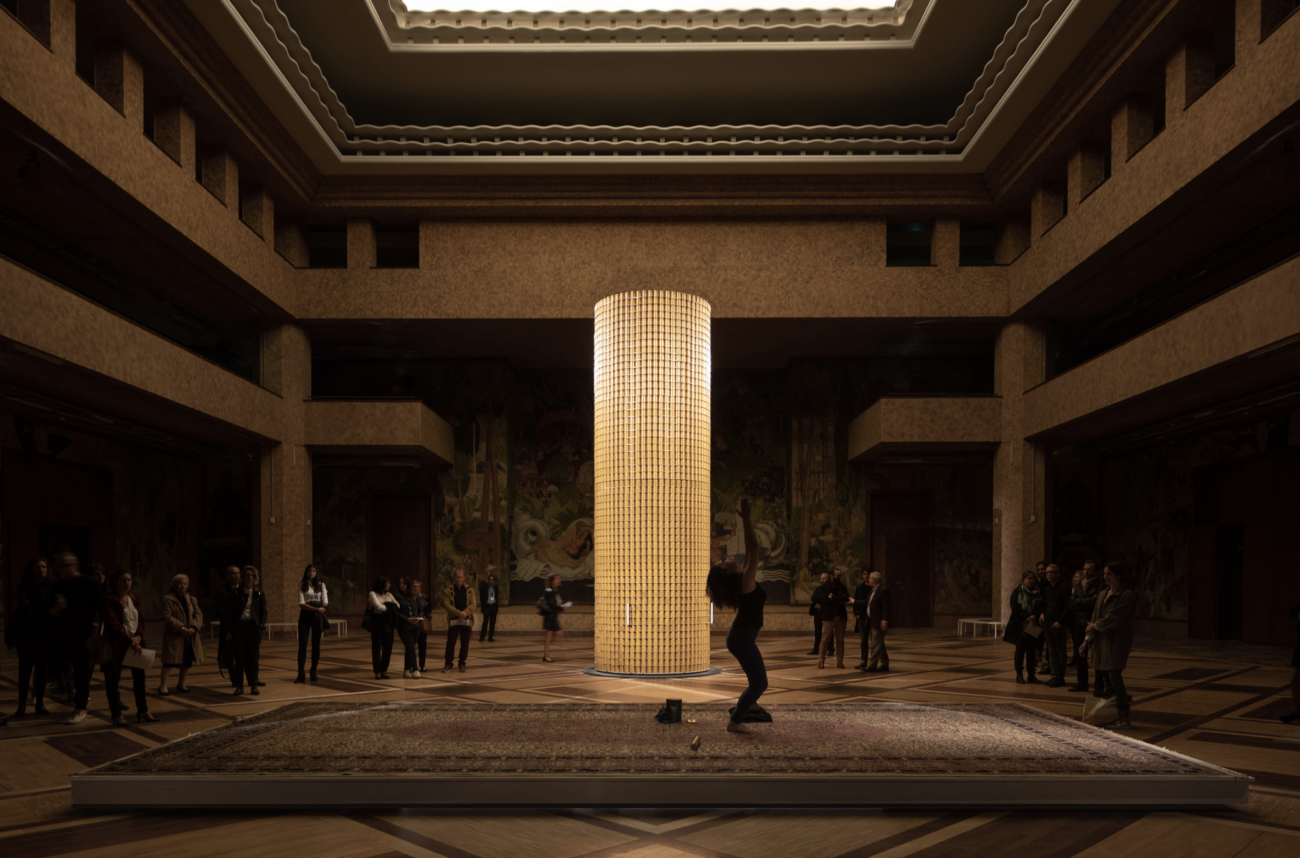
Experiencing the Ordinary
Nuit Blanche
Paris, France
2018
Benjamin Loyauté
Invited by Rubis Mécénat cultural fund, Benjamin Loyauté presents, for his first solo exhibition in France, the latest chapter of his work-in-progress at the Palais de la Porte Dorée, Paris, inaugurated for Nuit Blanche.
With this exhibition, the artist pursues his meditation on the magic of the ordinary and the importance of the intangible heritage in our societies, through a work that intertwines film, installation, sculpture and performance. The work that triggered this focus on the ordinary, Candygraphy, is an edible sweet/sculpture whose shape calls to mind a strange, ancient sculpture.
The exhibition encourages visitors to think about the paradox and the radicality revealed by our relationship to the simple things that surround us yet escape our notice ; thus challenging our perception of the ordinary.


